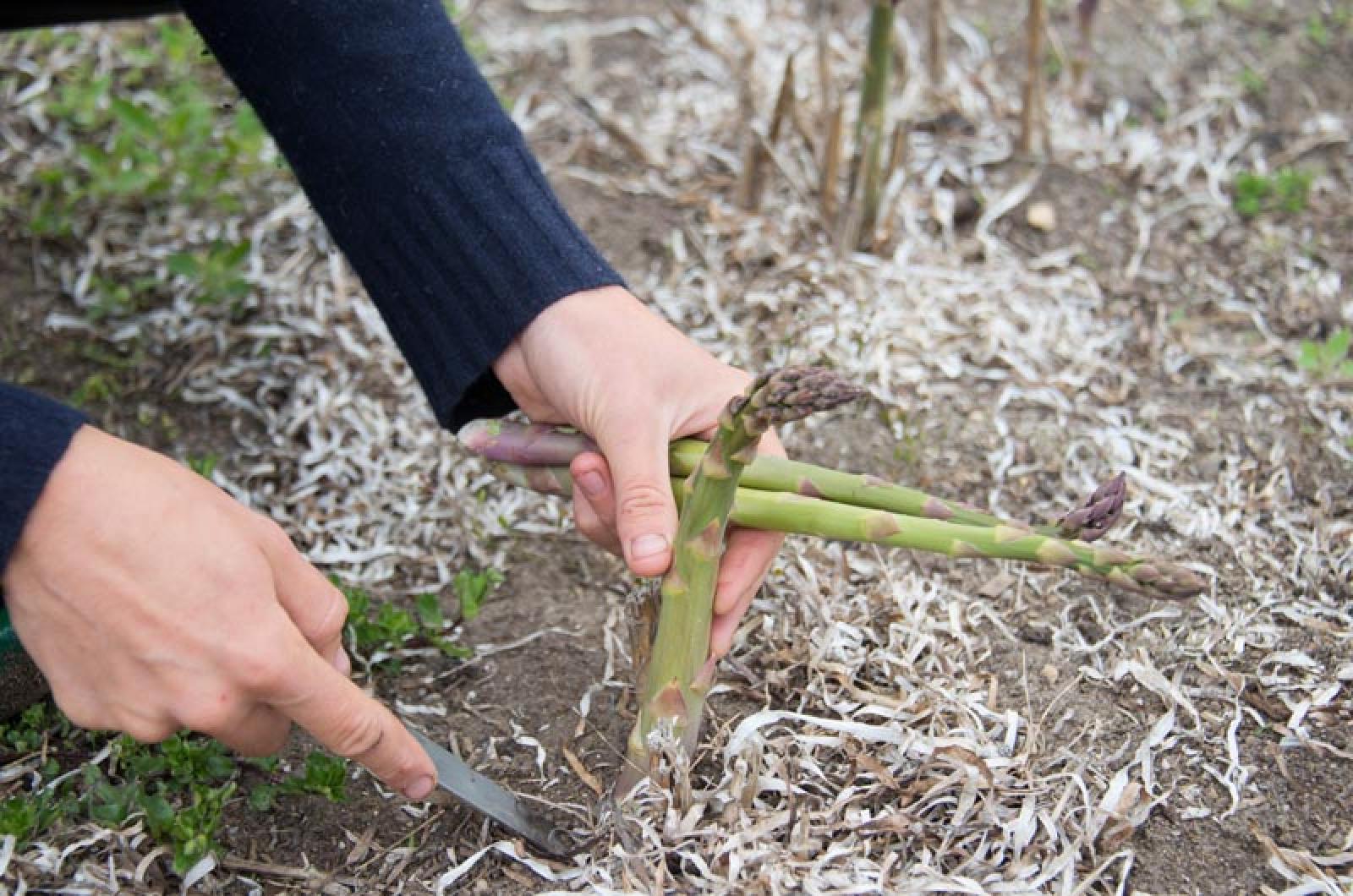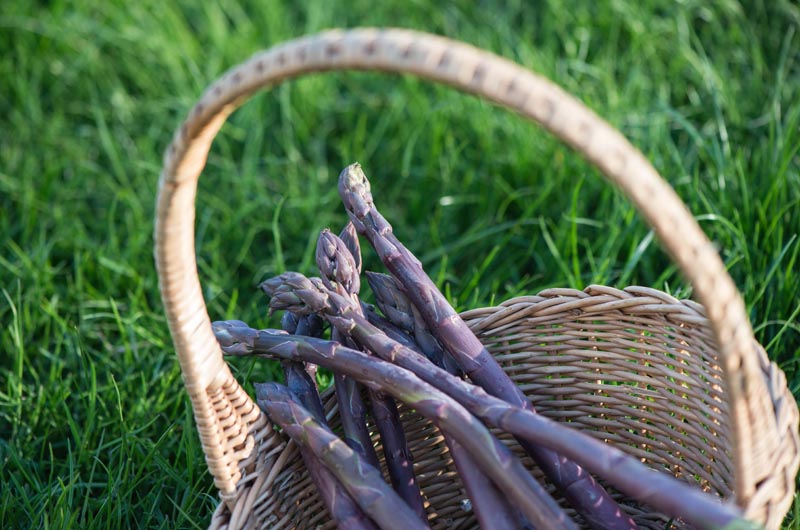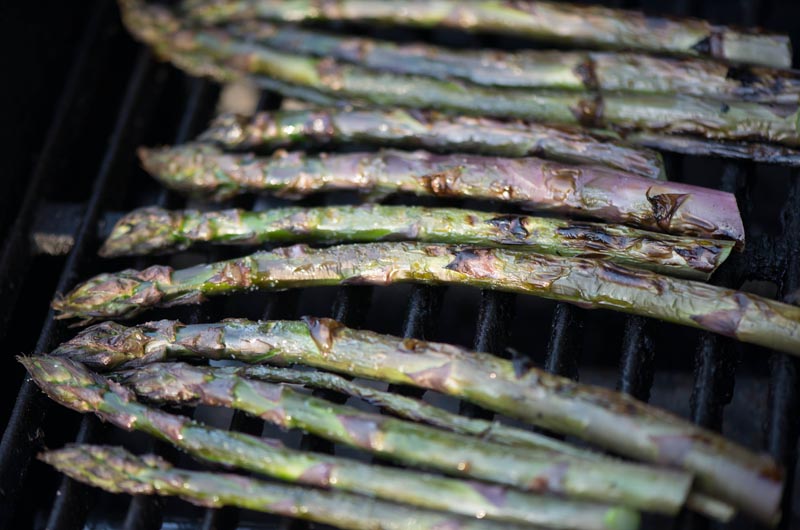My first cousin Nathaniel and I used to spend every waking hour together in the summertime. Our mornings were at the Chilmark Community Center running after perfect spirals from the Rev. John Taylor on the football field. Players were encouraged to be barefoot and the game was not over until the noon whistle was no longer audible to our eagerly searching ears. They called Nathaniel Sure-Hands and we would walk back to the farm together bruised and battered for lunch with our family, a dip in the pool then an afternoon of Wiffle ball where Sure-Hands became Oil-Can-Boyd and neither of us thought twice about hurling a complete game on no rest.
Our field was a small patch of lawn with the indentation of a road in right field defining one side of our diamond, a split rail fence in center field marking the deepest spot to drive one out of the park and a large hedge overgrown with robust bittersweet towering over left. This was our Green Monster and our field was known as Fenway. It was a rare occasion when one of us would not run full-steam into that tangled hedge at least once during a game while trying to make a miraculous catch, just as Yaz did. Nathaniel could switch-hit better than I, giving him a huge advantage as we worked our way through box scores cut out from the Boston Globe. It wasn’t long before line-ups were memorized, the box scores were ditched and we impersonated our favorite players with dedicated authenticity.
We would play all afternoon. Double headers were the norm and play continued until our elbows could no longer whip those feather light plastic balls at each other any longer. Nathaniel’s rising fastball was almost unhittable and his side-arm delivery was a perfect homage to Dennis Eckersley. He could also slap a single to the opposite field just like Wade Boggs or crush home runs with the same swagger as Gary Sheffield. He was much better than I was and I hardly ever won. As we got older, creeping our way into double digits and beyond, we would spend our summers running back and forth between the community center and our baseball diamond across the street, playing any sport we had the equipment or facilities for. When bored by typical sports, or possibly inspired by what was around us, we would use rocks or the occasional frog as equipment, though we found out quickly that a brush-back pitch with a stone was a lot deadlier than a Wiffle ball and that frogs make poor baseballs due to the fact that they are alive and agile.
We would run ourselves ragged, though it never felt that way at the time, and the simplest and purest pleasure was the hose water from the spigot near the farm stand, which had been running all day to wash buckets of lettuce or spewed water onto the fields through sprinklers tied to milk crates. We would chug from the cut-off end of the three-foot green hose until our bellies ached and then tiptoe our way down narrow pathways between rows of my grandfather’s flowers or around whimsical lavender bushes studded with honeybees. Back then there were no fences on the farm and every afternoon as night would approach on came the radios. My grandfather scattered battery-operated AM/FM radios throughout his straight rows of flowers to deter pests, and though the farm was the safest place in the world for us, it was always unsettling to walk through the fields at night with the numerous hidden sets all tuned to a different AM station and all sounding like the garbled teacher from Charlie Brown. I was unnerved by the radios even in college, when I would run for miles and miles around Chilmark, intentionally ending at the farm to drink from that same hose.
The radios were gradually fazed out and fences built in their place. Gone were the late afternoon extraterrestrial encounters when dehydration played tricks on my mind and it felt as though ghosts were speaking to me from nearby carrot patches in some made up language. Fences popped up all over the farm after years of cursing rabbits and losing prized crops to deer. They were much more expensive than batteries but more effective. Each plot soon had its own fence, with money always acting as the decisive factor in how much could be protected at once.
The very last crop to be protected was the asparagus patch. Asparagus is not for everyone and apparently it took all the critters longer to catch on before the crops would routinely disappear and everyone got tired of sharing with them. The farm’s unofficial chief for the last twelve years, a Dachshund named Jake who still rules the roost and is a fine companion for my grandmother, has been continually accused of being the asparagus thief, though I never once witnessed this and to this day can’t imagine he was actually dining on our spears.
The asparagus is fenced now, and each year we plant more, care for them better and are rewarded with a heartier crop. Last week they began to pop up in the newly protected, and ever expanding patch, pushing their way through the manure and seaweed used for mulch. My father cuts them off just below ground level, while I have grown fond of pulling them straight upward and having them break off at the base of the plant just like rhubarb stems. Asparagus has a flavor so sweet and nutty when it is freshly picked that is impossible to reproduce with anything bought in a supermarket or shipped from fields far away, as refrigeration sadly mutes these flavors just like it does with tomatoes. Asparagus is a perennial crop that, if taken care of well, will last a lifetime. The golden rule is to always plant your crowns in the early spring, pick nothing year one, year two, pick a few and, as my grandfather said, year three have at it! While he was still farming into his late nineties he and I planted asparagus together and as he knelt down with his bulky kneepads on next to me, he told each plant out loud: I’m not sure how long I will be around, so I need you to produce for me this year. Not surprisingly, they did.
Grilled Asparagus
1 pound whole asparagus, tough ends trimmed
2 tablespoons olive oil
Salt and pepper
1 tablespoon lemon juice
4 eggs, room temperature
1 tablespoon unsalted butter
Parmesan cheese
Heat a grill very hot using the high setting on a gas grill, or preheat a broiler and arrange the oven rack six inches below the flame, or if using a charcoal grill, make a very hot bed of coals and allow them to burn down for at least 10 minutes. Season the asparagus with one tablespoon olive oil, salt and pepper and cook very quickly on the highest heat possible, turning every 10 seconds with tongs. The objective is to get char on the outside and keep the middle crunchy and raw; should take about two minutes. Set aside when charred sufficiently and season with lemon juice. While they cool, heat the remaining olive oil in a sauté pan until almost smoking, add the butter, melt it and then fry eggs over medium high heat until the whites are set and the yolks are still runny. Place one egg over a bed of asparagus on a plate and grate Parmesan cheese over everything. Serve immediately.









Comments (1)
Comments
Comment policy »